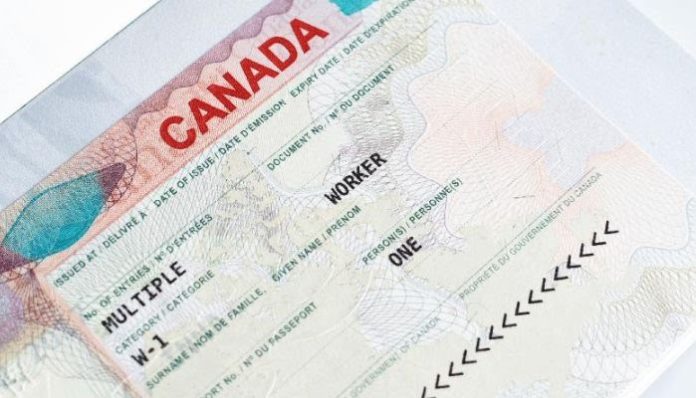Canada has long been a preferred destination for international students, hosting over 1 million in 2023—an increase of 29% from the previous year. The country’s renowned education system and favorable post-graduation work opportunities have solidified its appeal.
However, recent changes ending the practice of ‘flagpoling’, where international students apply for post-graduation work permits (PGWPs) at border crossings, mark a significant shift.
This policy adjustment aims to streamline immigration processes but presents new challenges for students and Canada’s labor market.
Flagpoling was a popular and expedient option allowing students to obtain work permits swiftly by visiting a border crossing, often completing the process in a single day. With this avenue closed, students must now navigate the more traditional application process with Immigration, Refugees, and Citizenship Canada (IRCC), which can be slower and potentially delay their ability to begin employment immediately after graduation.
From March 2023 to February 2024, approximately one-fifth of PGWP applicants utilized flagpoling, appreciating its face-to-face interaction with immigration officers, facilitating prompt issue resolution.
However, the practice strained border resources, diverting officers from primary duties such as security and facilitating travel and trade.
In contrast, other major study destinations like the United States, with its Optional Practical Training (OPT) program allowing up to three years of work post-graduation, and the UK’s reintroduction of a two-year post-study work visa, demonstrate streamlined processes to retain international talent. Australia also offers a Temporary Graduate visa, emphasizing the economic benefits of retaining graduates.
Canada has historically been proactive in facilitating international students’ stay and employment post-graduation, notably through the PGWP program, designed to enrich graduates’ Canadian work experience. While the program has evolved to accommodate increasing student numbers, recent demand highlights its pivotal role, comprising one-fifth of all flagpoling cases.
Canada’s attractiveness is further enhanced by its pathway to permanent residency, yet the recent policy change introduces uncertainty and potential delays post-graduation, potentially impacting its global education competitiveness.
For international students, the transition from education to employment is pivotal, and delays in securing work permits can lead to financial strain and missed job opportunities. Preparation is key, involving early engagement with career services, participation in job fairs, and networking with potential employers during studies.
Staying informed about IRCC updates and maintaining updated documentation can mitigate unforeseen complications, ensuring a smoother transition to the workforce despite policy shifts.



